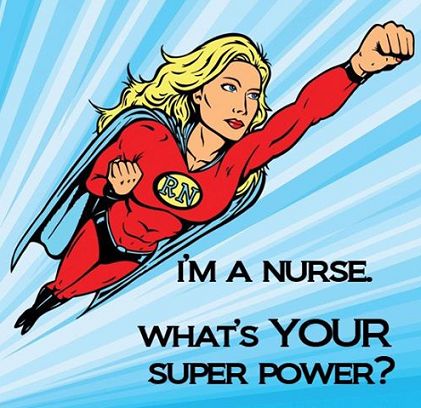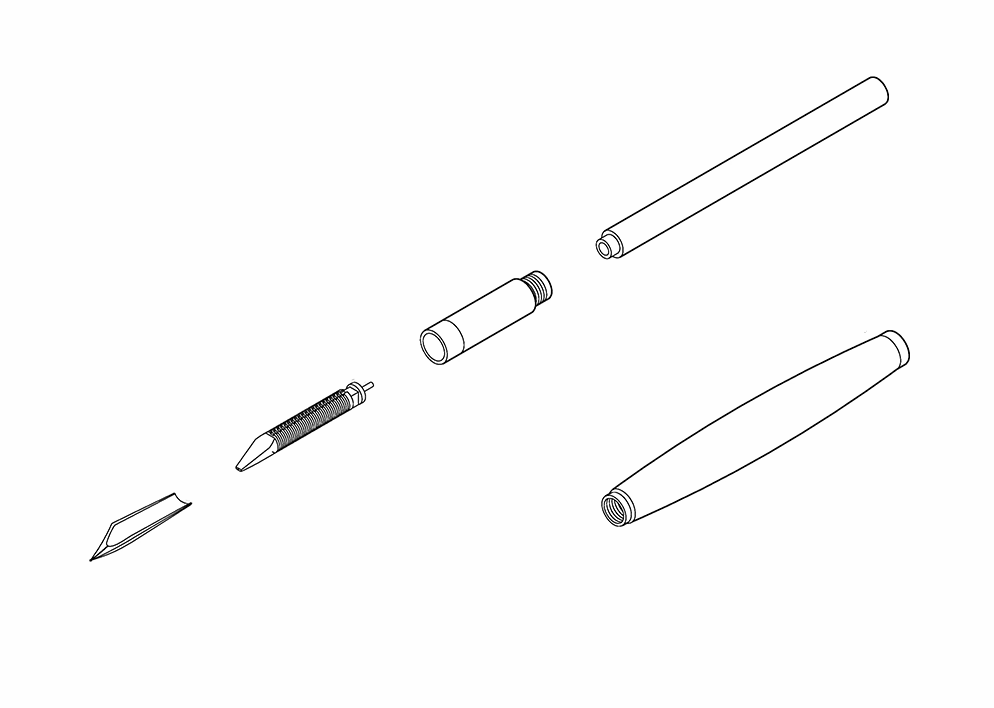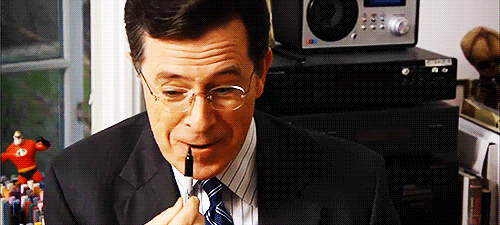

40 Essential Nurse Tools
Must Have Nurse Tools
Everyone knows that nurses are today’s modern superheros, but no superhero is complete without their super nurse tools to help them fight crime, evil, and sometimes illness. Join CIA Medical as we take a look at the top 40 nurse tools needed to be ready for a day in the life of a nurse.
Check out our previous blog, 25 Ways to Stay Motivated as a Nurse for more, and if you would like to contribute to either post and keep the lists growing, or feel passionate about another topic and would like to write for us, please send a message to submissioncia@gmail.com.

Clipboard: The clipboard is like the nurse’s shield. With it, hold your notes, the patient’s chart, fight dragons, and feel prepared for anything.

Pad paper: Yes, even though most things are done electronically these days, it is always safe to have a pad of paper around to write manually in case of technical difficulties, personal reminders, or simply preference.

Stethoscope with extra ear tips: The stethoscope is a crucial part of any doctor’s or nurse’s outfit. Always be prepared to check a pulse.

Sanitizer or soap: The hospital can be a germ infested place. Don’t let it get to you and your colleagues by making sure to wash hands regularly.

Wound wash: The hospital can be a germ infested place. Don’t let it get to you and your colleagues by making sure to wash hands regularly.

Dressings: Sometimes the right thing to do is to wrap it up. You know what to do, just make sure you know where the materials are, too.

Medication carts: Being ready is easy when you can put all your essentials on wheels.

Working pen with a refill: You will be needing to write on and off all day, so make sure you have a pen and a backup, in case the ink runs out.

Comfortable, supportive shoes: You will be taking on many adventures throughout the day. Make sure your shoes give you all the comfort, strength, and power you need to make it to the end.

Bandage scissors: These scissors should be cleaned every night, even if they are not used, and ready to go at the beginning of every shift.

Watch with a second hand: Time can be an important component when dealing with medical problems. Be sure you have a time tracker on you at all times.

Roll of tape: Tape can roll away quickly, but when it is in need, there is no replacement. Be sure you are the one to have tape to bind materials together.

Access to a good recent pharmacology book and a good recent formulary: In times of panic, curiosity, or hunger for information, turning to a source besides your own brain or a friend is a great way to feel assured and informed.

Sharpie: For some permanent note taking, know where to find the nearest sharpie.

Highlighter: Taking notes and making marks is more fun and colorful when a highlighter is involved.

Reusable water bottle: With all the running around and game changers you have to deal with, sometimes being a nurse means being an athlete, too. Make sure you stay hydrated with a trusty water bottle that you can fill up and reuse regularly.

Toothbrush and toothpaste: Because brushing teeth is often done first thing in the morning, it is sometimes associated with waking up. Taking a break for a quick brush is a great way to feel awake again, no matter what time of day it is. Feel fresh and ready for any task

Chewing gum: If you are in need of some freshening up but don’t have a toothbrush or toothpaste on you, a piece of gum is a good backup, too. Popping in a minty piece of gum is sure to wake up your senses and give you the attitude you need to coast through the next few hours (or at least until your next piece of gum).

Personal calendar: You have a lot to do and a lot to keep track of. Don’t hold onto it all in your head. Write it down! Keep track of your work schedule, important dates, any shift changes, and personal plans in one organized place.

Lotion: Your hands have seen a lot of rough times. Don’t let them down by drying up. Keep moisturized on the regular.

Name badge: You know who you are. Make sure the world knows it, too.

Gloves: You never know when you are going to need a hand with a protective layer. Make sure to have a pair of gloves nearby to protect your patients and protect yourself in this messy, messy world.

Medication manual: It never hurts to double check. Make sure you have a medication manual nearby for reference.

Something to read on breaks: Give your mind a rest and a distraction from the busy day by catching up on the latest news, solving a page turning murder mystery, or learning more about health and medicine on everyone’s favorite blog,

Small wallet: There’s no need to carry around a year’s worth of receipts, photos of your children, and expired coupons in your back pocket. Make sure you can fit the bare necessities in a small wallet and feel the weight off your shoulders...and other areas.

Sturdy, washable bag: There’s no need to carry around a year’s worth of receipts, photos of your children, and expired coupons in your back pocket. Make sure you can fit the bare necessities in a small wallet and feel the weight off your shoulders...and other areas.

Penlight or flashlight: A penlight or a small flashlight allows a nurse to look into pupils, which can shed some light (see what I did there?) on certain issues, particularly neurological ones, such as the occurrence of a stroke.

Phone, or walkie-talkie: While you should not ignore or put calls over your patients, having a phone, walkie-talkie, or pager are good ways to keep in touch for emergencies and have access to other help.

Light, easily washable scrub jacket: Never underestimate the power of a nice, light jacket. A light layer can make the difference between comfort and having the feeling of falling into a bed of snow (which only sounds nice in theory).

Calculators: Everyone knows you did well in high school math class, but having a calculator around will speed up the number crunching game and give you more time to tend to your patients and your coworkers.

Senses: You have experience and you are skilled. By using your senses, you can sometimes know the problem before the results come in. Sense of sight and smell, for example, can lead the way, claims Judy Schmidt, CEO of the New Jersey State Nurses Association, “A nurse’s sense of smell will tell him or her that a wound may be infected or that the patient is having (or will soon have) a GI bleed.”

Touch: The tool of touch acts both to send and receive. With touch, a nurse can send warmth and comfort to patients in times of distress. At the same time, through touch, a nurse can read information, too.

Intelligence: Bring your critical thinking skills to every situation.

Focus: Bring your critical thinking skills to every situation.

Compassion: Keep your heart open to your patients in their times of need.

Fluidity: Emergencies or problems can shake up your environment. Learn to be able to make transitions quickly from one task to the next with ease and grace.

A stomach: Make sure you have a stomach that can handle the blood and the guts that may be seen on a daily basis.

Leadership: As a nurse, people will be looking to you for motivation, orders, and guidance. Take charge of your inner power and project it out.

Communication Skills: You will be interacting with a variety of characters with a plethora of wants and needs. In a high energy and high pressure environment, communication skills are crucial to success, and can be one of your most important invisible tools.
Contributors:
Ashley Couchis of Orem Rehabilitation and Skilled Nursing
Janet Patterson RN, BSN of An Ounce of Prevention. You can learn more about breast cancer treatment on her blog, https://nursejan.wordpress.com/.
Marilyn Stoner, RN, PhD. Find her blog at Marilynstoner.com, and @drmstoner on Twitter and Pinterest.
J. Lucy Boyd, RN, BSN of The Mental Health Company
Lindsay Sydness
American Association of Critical-Care Nurses
Lorie A. Brown, JD, MN, RN of Brown Law Office and EmpoweredNurses.org
Judy Schmidt, CEO of the New Jersey State Nurses Association


One thought on “40 Essential Nurse Tools”
Comments are closed.